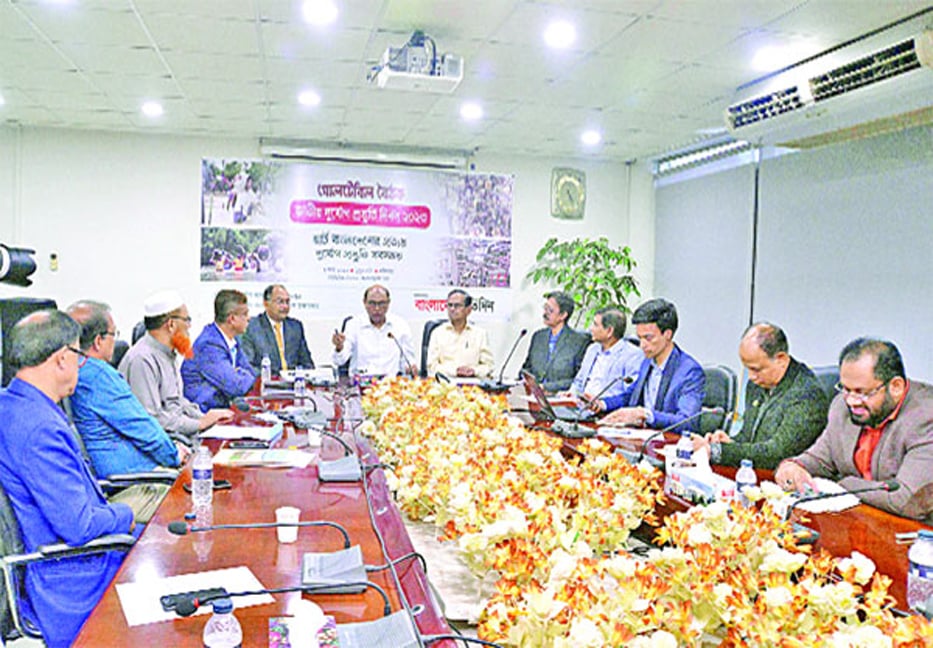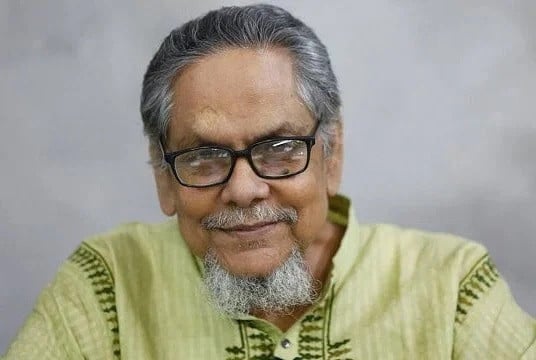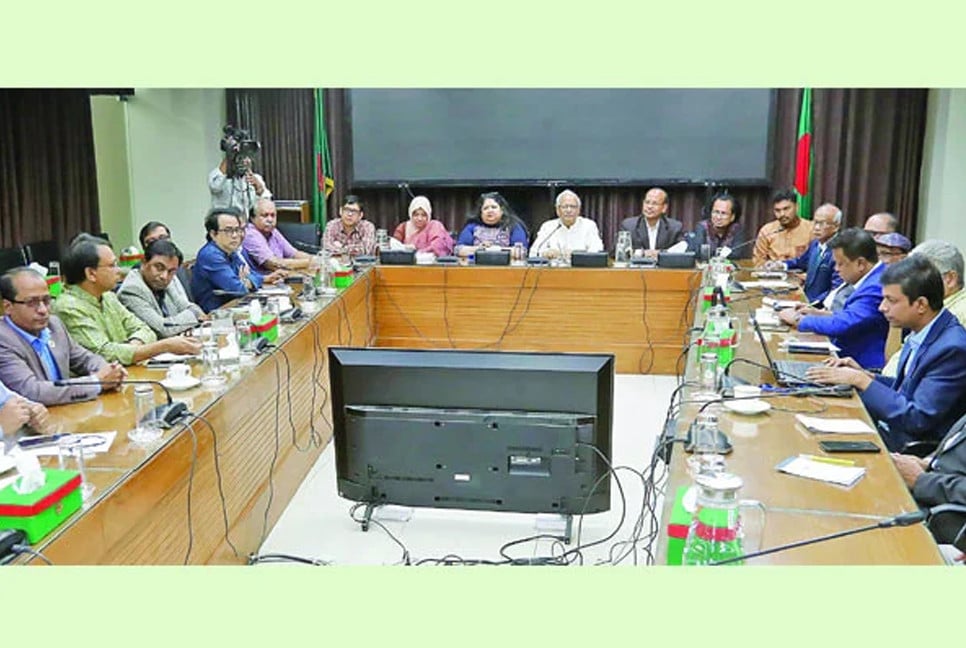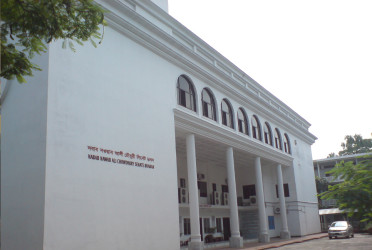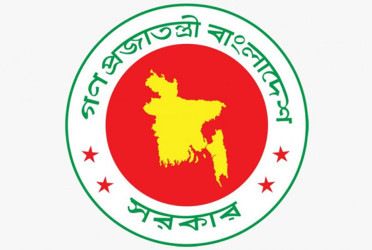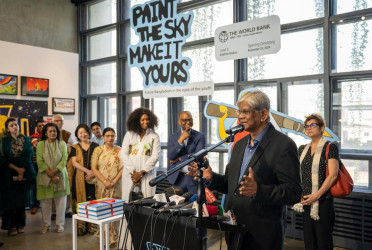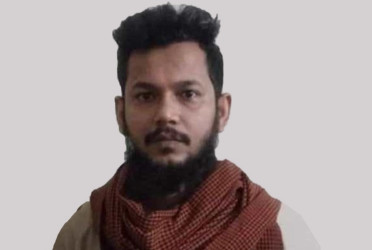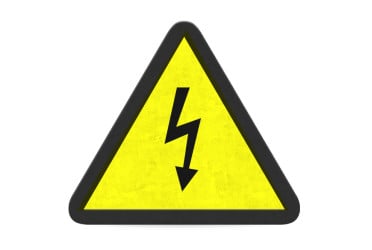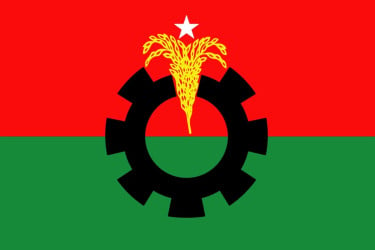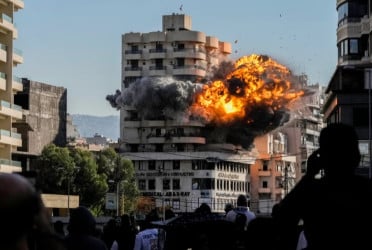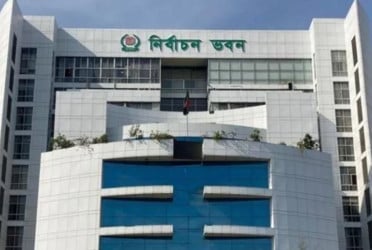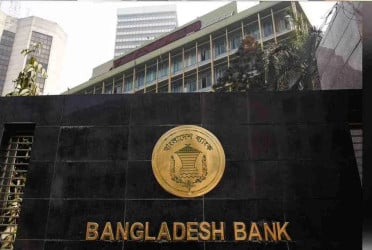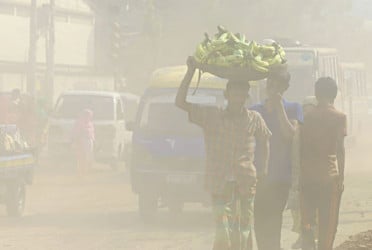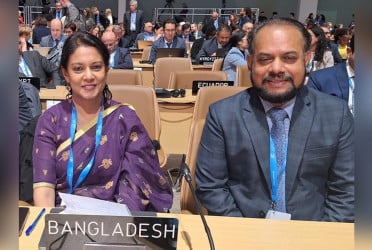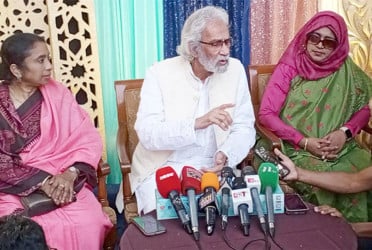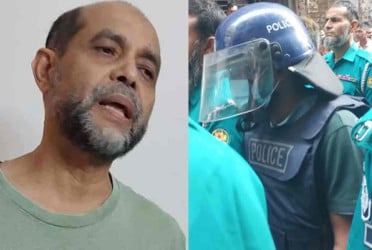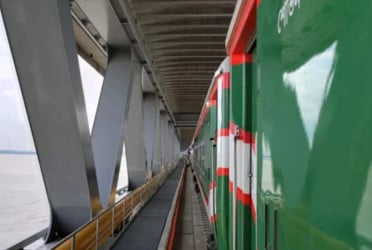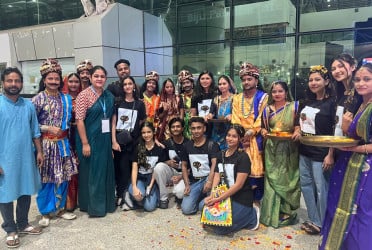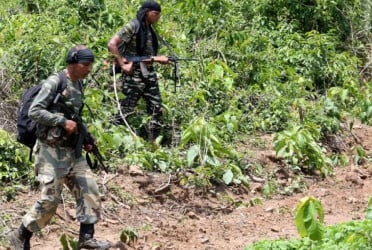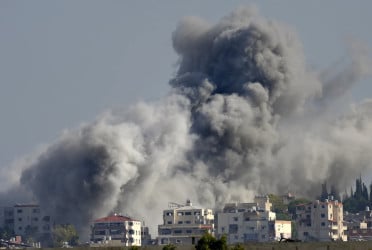Bangladesh goes under the risk of becoming victim of several natural calamities like storm, flood, draught, cyclone etc every year. However, due to forecast and prior-preparation, the level of loss and damage was reduced to a great extent. Now, the earthquake has been marked as the possible disaster and the experts’ stress on following right code of conduct in constructing building and using smart technologies to prevent this disaster.
They shared these points while speaking at the roundtable conference arranged by The Bangladesh Pratidin on Saturday ahead of the ‘National Disaster Preparedness Day.’
The National Disaster Preparedness Day will be observed on March 10, and the theme of the day is ‘The commitment of smart Bangladesh is to get prepared for disaster all the time.’ The roundtable conference was held at the office of The Bangladesh Pratidin in Bashundhara Residential Area of the capital. The conference was conducted by Kamal Mahmud, the chief news editor of The Bangladesh Pratidin, while AB Tajul Islam, MP, the president of parliamentary committee on disaster prevention and relief ministry was present as the chief guest on the occasion.
Naem Nizam, the editor of The Bangladesh Pratidin, gave the opening speech at the event. Under the chair of the executive editor of The Bangladesh Pratidin, Abu Taher, the special guests of the event were the Secretary of Disaster Management Directorate and Ministry of Relief Kamrul Hasan, Director General of Disaster Management Department Mizanur Rahman, Bangladesh Open University Pro Vice-Chancellor (Education) Professor Mahbuba Nasrin, Dhaka University Disaster Science and Climate Resilience Department Chairman Professor Dr. Md. Zillur Rahman, Assistant Engineer of Mujibkilla Construction Reform and Development Project of Disaster Management Department Muhammad Mabinur Rahman, Cumilla District Relief and Rehabilitation Officer M Abed Ali also spoke on the occasion.
Editor-in-Chief of The Kaler Kantho and renowned writer Emdadul Haque Milon, Deputy Editor of The Bangladesh Pratidin Mahmud Hasan, Chief Correspondent of the daily Manjurul Islam, Head of Circulation Department Billal Hossain Montu, Head of Advertising Department Salah Uddin Ahmed and Director of Disaster Risk Management and Enhance Project Subrata Pal were present.
Deputy Project Director of bridge/culvert construction project up to 15 meters length, Ismail Hossain presented the keynote at the event. He said, “The flood forecast and warning center was introduced in 1972 with the hands of Father of the Nation Bangabandhu Sheikh Mujibur Rahman. Under this project, at present 350 observation centers were active in the country. The cyclone forecast center can provide forecast of 7 to 10 days correctly. To reduce the intensity of loss of life in thunder-strike, lightning identification machines have been set up in 8 locations across the country. 143, 312 houses having the capability to prevent disaster have been constructed. Initiatives have been taken to construct 550 more shelter centers across the country, while already 230 flood shelter centers have been constructed. Besides, 378 Mujibkillah have been constructed in 148 upazilas. The directorate of disaster management have implemented projects of Tk 2,300 crore to face the damage that might be occurred due to earthquake.”
Captain (retd.) AB Tajul Islam MP said, "No matter how strong we are in science and technology, we don’t have the strength to deal with natural disasters such as earthquakes and cyclones. But we can’t sit idly by. We have to be aware of them. For example, 1 million people died in the cyclone of 1970. But now there will not be that amount of damage as we have all kinds of preparations. What we’re doing is to protect the life and property of all the people.'
Naem Nizam said, 'Everyone has to work together to deal with the disasters. The helplessness of the developed countries of the world is much more reflected in the time of major natural disasters. Turkey, Syria failed to deal with earthquakes. In order to deal with disasters, we need to find out in which areas we’re lagging behind. Upazilas do not have fire service stations. Earlier the disaster hit the coastal areas, now the whole country is at risk of disaster.”
Kamrul Hasan said, 'Our goal is to build a smart Bangladesh. The use of modern technology is increasing in harmony with disaster management. All kinds of preparations are being taken to prevent disaster. The loss of life and property is being reduced appreciably. I will tell the people to build buildings in accordance with the building code.”
Md. Mizanur Rahman said, 'In 1897, there was a big earthquake in the country. The magnitude of that earthquake was 8.2. The death rate in that quake was 15 percent. Exactly after 125 years later, if an earthquake of this magnitude occurs today, what will happen to us? Old Dhaka will suffer the most damages. However, Now the quality of rod and cement is much better than before. All buildings must be constructed in accordance with the Bangladesh National Building Code (BNBC). Then it will be very helpful in preventing all kinds of natural disasters including earthquakes.”
Professor Mahbuba Nasrin said, "I have been working with disaster management since 1991. The development of disaster management during this period is visible. Now we have to deal with calamities like flash floods. All the disaster information should reach everyone through the online operational dashboard.”
Professor Dr. Md. Zillur Rahman said, 'Disaster preparation is an ongoing process. Bangladesh is a role model in the world in disaster preparedness and rescue activities. However, Bangladesh is geographically prone to floods. Earlier, the flood water receded quickly, but now the damage is more as the flood lasts longer. Currently, earthquakes and landslides have emerged as potential threats.”
Muhammad Mobinur Rahman said, "In South Asia, Bangladesh is a country prone to natural disasters. Different types of disasters happen here every year. According to the website ‘Weather Underground,’ 26 of the world's 35 worst monsoon cyclones have taken place in the Bay of Bengal. We need to bring smartness to our warning systems. Then the loss of life will be reduced.”
M Abed Ali said, "In the concept of Smart Bangladesh, disaster preparedness is a must. Cumilla District Office observes two days in a year regarding disaster prevention and preparedness. Apart from this, various activities are accomplished throughout the year. Rehearsals for facing the potential disaster are ongoing in educational institutions throughout the year. Due to these managements, Bangladesh is a frontrunner as a role model of disaster management all over the world.”
@The report was published in Bengali on print and online versions of The Bangladesh Pratidin on March 5 and rewritten in English by Lutful Hoque

